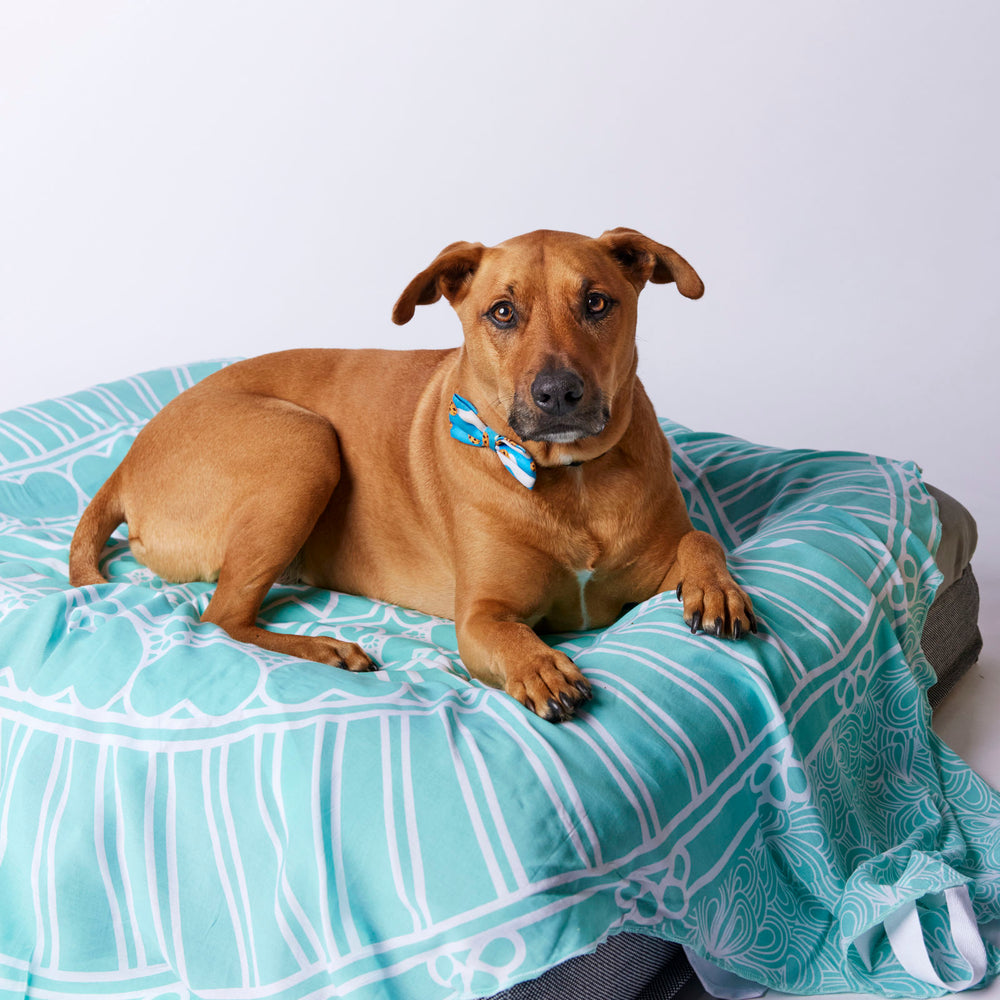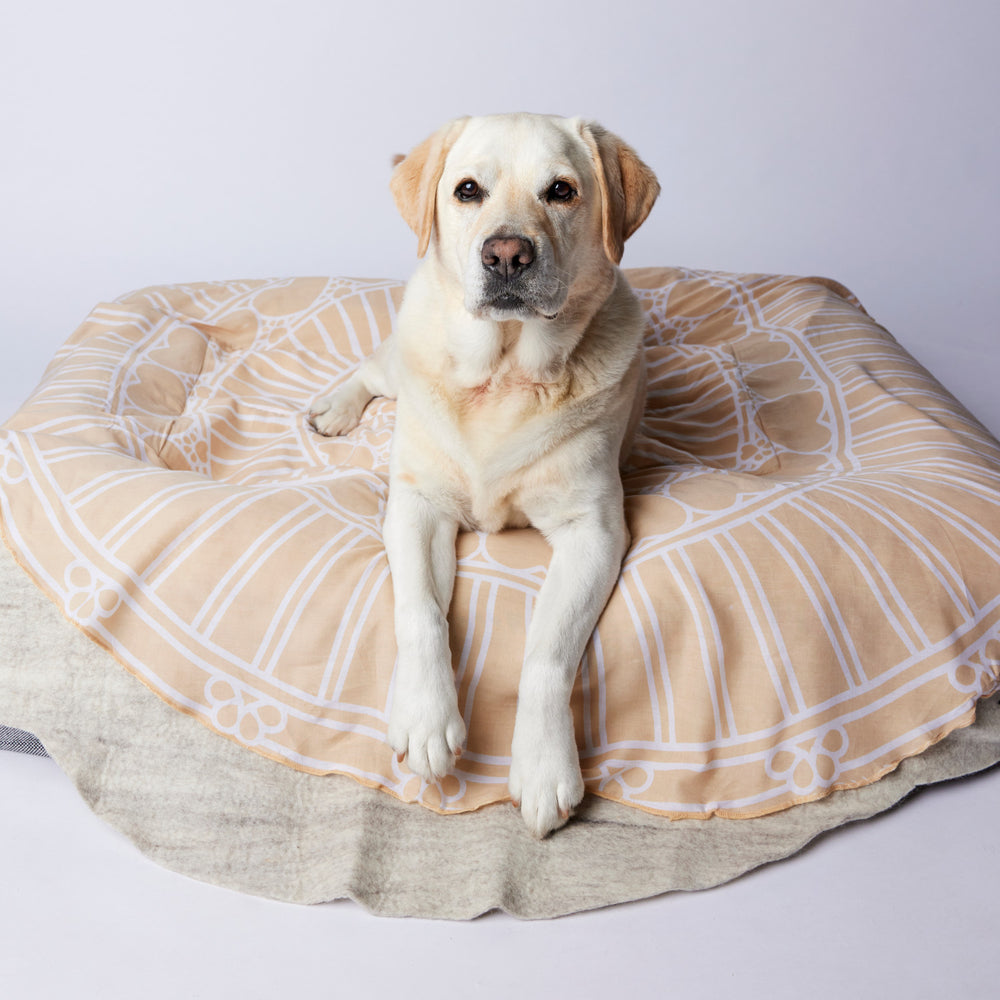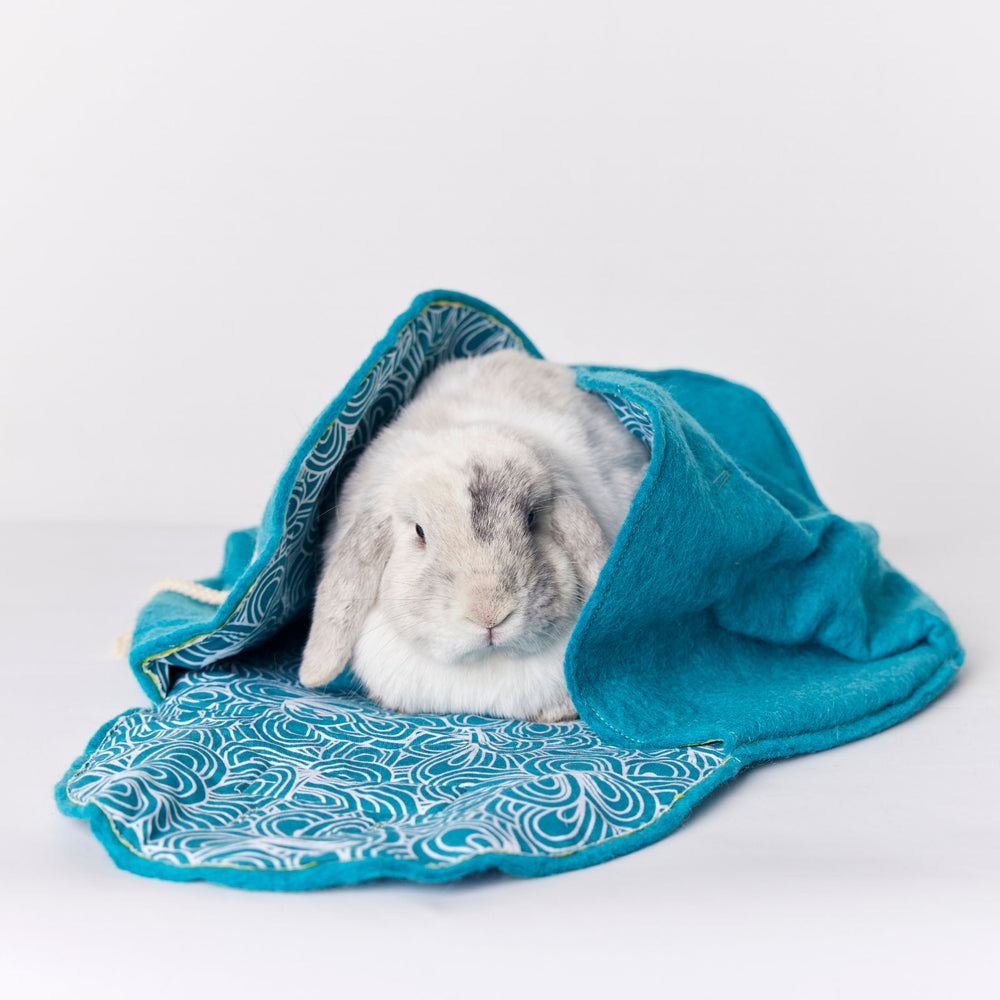Grooming Tips for Older Cats: Maintaining Their Comfort and Hygiene

Like humans, cats can’t remain the same throughout their life. Our feline fellows face numerous physical challenges as they age. Therefore, we need to pay extra attention to our cat's grooming in addition to keeping them physically fit.
We have compiled some of the best grooming tips for older cats, making the grooming experience enjoyable for you and your feline friend.
Make Grooming a Pleasant Experience

Some cats get anxious when they see their owners doing preparations for grooming. Try making this time as pleasant as possible.
- Make sure to give plenty of verbal praise and treats to your cat throughout the grooming session.
- Be patient and avoid aggressive behaviour in front of them! Use a calm and soothing tone to deal with the situation better.
- Sometimes, shorter and more frequent grooming sessions are better for cats and pet owners and create fewer problems for both parties.
Don't Forget to Clip a Cat's Nails

Nail trimming is also a part of a cat's grooming. Monthly trimming a cat's nails is essential using special cat nail clippers. The felines' claw becomes thicker due to ageing; and as they exercise less, the natural wearing down of their claws is reduced. Nail trimming prevents nails from becoming ingrown and painful.
Brush Your Cat Regularly

Brushing your cat's fur is crucial to keep the fur mat-free. Give your feline friend a soft, gentle touch while brushing to avoid causing injury or discomfort. Consider purchasing a grooming brush containing soft bristles rather than wire-bristled brushes.
Here is a step by step guide to brushing your senior cat's fur:
- First thing first, make a space for your cat where they feel comfortable, like a soft mat.
- Next, start petting your cat from head to tail to see if there are any sensitive areas.
- Brush your cat's fur while switching between different brushes.
- First, use a rubber brush to remove loose fur; next, a pin brush for detangling long fur; and then a metal comb to remove mats.
- For any mats on a cat's fur, avoid trying to pull, cut, or yank them so your pet won't get hurt. Instead, use your fingers to gently loosen the mat and then apply some corn starch before brushing. In the case of any failure, get help from a professional groomer.
- Be cautious while brushing around hind legs, underbelly, and your cat's hips, as these areas become sensitive with age.
- Call a vet for a checkup if there are any lumps or bumps on your cat's skin.
- Don't forget to give them treats and lots of praise during brushing. It's better to distract a cat by providing his favourite food for munching.
For the long-haired feline breed, daily brushing is ideal. But for the short haired breed, brushing once a week is enough. Seek advice from a vet regarding what type of brushes and equipment will work for your cat's fur.
Bath Your Senior Cat Regularly

We all know that cats become anxious when it comes to bathing. That's why staying patient and using a calm, soothing tone throughout the process is crucial. Keep the door closed while bathing to prevent them from running away.
Here are some things to consider while bathing a senior cat:
- Fill a bathtub with lukewarm water and place your cat in it until his underbelly immersed in it.
- First, brush your cat to get rid of mats and tangles. Don't forget to pat your pet and give treats.
- Next, carefully wet your cat's fur with water and a wet cloth. Avoid pouring water on a cat's head and face to prevent irritation of eyes, nose, and ears.
- Lather your cat using a cat-friendly shampoo and avoid scrubbing his face and head.
- Rinse all the soap carefully from a cat using a detachable showerhead.
- Use a clean, dry towel to dry and pat a cat. Avoid using a hairdryer, which can burn your pet's sensitive skin.
Different cats have different bathing requirements; long-haired cats need bathing once a month. For short-haired or senior cats, bathing is ideal when they are dirty or smell bad to prevent infections.
Schedule Regular Vet Appointments

Regular vet appointments are necessary for the overall examination and monitoring of the blood pressure of our feline friends. Senior cats need a veterinarian examination every six months. These vet appointments save time by identifying any underlying health issues early. This way, cats can remain healthy and happy even in their senior years.
Grooming is the purr-fect way to bond with pets and keep felines healthy. These tips will help you with your senior cat's grooming, ensuring they not only look and feel good, but they enjoy a long and healthy life.









